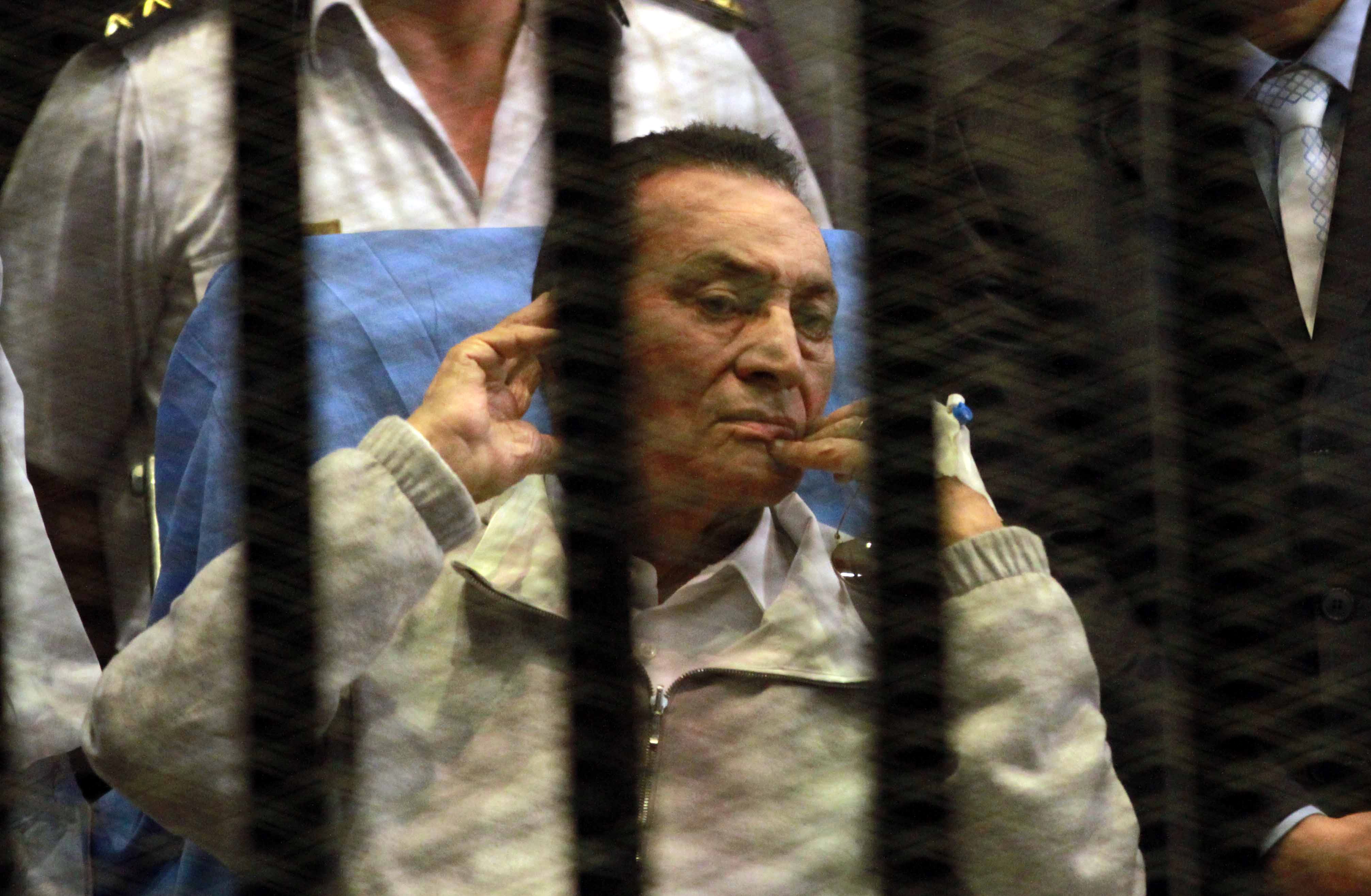The 24-year rule of Syrian President Bashar al-Assad ended Sunday, as Islamist-led rebel forces seized control of Damascus following a rapid advance across the country. The fall of the capital city marks the end of the Assad family’s 50-year grip on power.
The Operations Room to Conquer Damascus, an opposition group, announced the end of Assad’s rule on state television. A spokesperson for the group called on all opposition fighters and citizens to preserve state institutions of “the free Syrian state.” This announcement came hours after the head of a Syrian opposition war monitor reported that Assad had fled the country to an undisclosed location.
A Syrian officer, speaking to Reuters, confirmed that the Syrian army command had informed officers Assad’s rule was over. Rebel sources described Damascus as “free of Assad,” as crowds gathered in the city, waving flags and chanting “Freedom.” The swift collapse of Assad’s regime has significantly altered the Middle East’s geopolitical landscape, dealing a blow to Iran and Russia, who were long-time supporters of the Assad government.
Syrian Prime Minister Mohammed Ghazi Jalali stated the government was prepared to “extend its hand” to the opposition and transfer power to a transitional government. Ahmad Abu Mohammed Al-Golani, leader of Hayat Tahrir al-Sham (HTS), formerly known as the Nusra Front, issued a statement, saying: “It’s strictly prohibited to enter any public institutions… these will remain under the authority of the former Prime Minister until they are officially handed over & it is forbidden to fire a single bullet.”
Hayat Tahrir al-Sham, once linked to al-Qaeda, is now the most powerful rebel group in Syria. While Golani, a previously shadowy figure, has sought to reassure both minorities and the international community, concerns remain about HTS imposing hardline Islamist rule. Russian Foreign Minister Sergei Lavrov expressed scepticism, stating, “The proof of the pudding is in the eating.”
The capture of Homs days before the fall of Damascus proved a significant strategic victory for the rebels, severing the capital from Assad’s Alawite coastal strongholds. Golani hailed the capture of Homs as a historic moment and urged fighters to show leniency towards civilians and surrendering soldiers, stating in a televised address: “Do not harm those who drop their arms.”
Flight records indicate a Syrian Air Force plane departed Damascus airport around the time the city fell, initially heading towards the coast before veering off and disappearing from radar. It remains unclear whether Assad or members of his family were aboard.
International reaction to Assad’s downfall has been varied. Arab nations, including Qatar, Saudi Arabia, and Jordan, issued joint statements expressing concern about further instability. The United States is closely monitoring the situation, while Israel, although concerned by the Islamist nature of the dominant rebel faction, is likely to welcome the fall of a key Iranian ally.
Syria’s civil war, which began in 2011, has claimed hundreds of thousands of lives and displaced millions. Assad’s extended rule was largely due to support from Russia, Iran, and Hezbollah. However, Russia’s focus on the war in Ukraine and Hezbollah’s heavy losses in the conflict with Israel weakened Assad’s support. The rapid fall of Damascus marks a significant turning point, but the country’s future remains uncertain, despite celebrations in the capital and other cities. Concerns persist about governance under the new Islamist-led coalition and the potential for continued regional instability.

